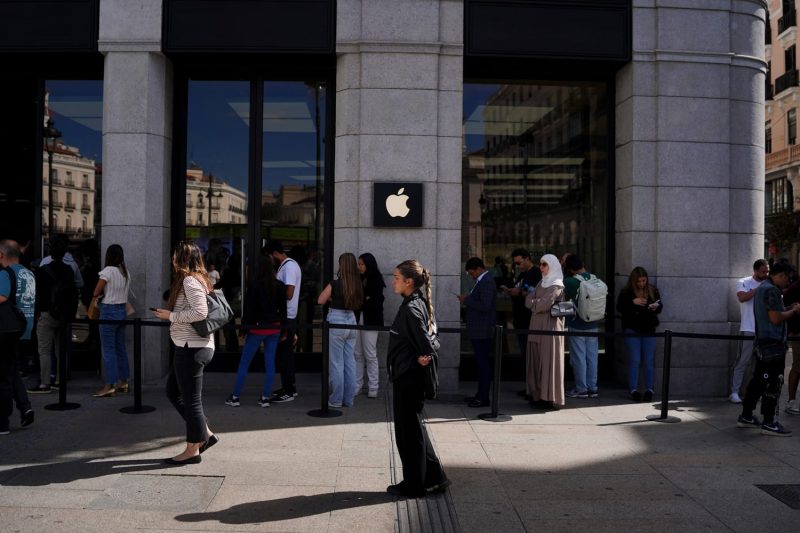European Union Regulators Accuse Apple of Breaching the Bloc’s Tech Rules
European Union regulators have recently made headlines by accusing tech giant Apple of breaching the bloc’s rules regarding technology practices. This accusation comes at a time when regulators around the world are increasingly scrutinizing the practices of large tech companies, with a particular focus on issues such as antitrust violations and data protection.
At the heart of the EU regulators’ case against Apple are allegations that the company has abused its dominant position in the market to stifle competition and harm consumers. The European Commission, the executive body of the EU, has been investigating Apple’s business practices for some time now, and this recent accusation is the result of that ongoing probe.
One of the key areas of concern for regulators is Apple’s App Store, which is the exclusive marketplace for apps on Apple devices such as the iPhone and iPad. The EU alleges that Apple has unfairly favored its own apps and services over those of competitors, giving it an unfair advantage in the market. This practice, known as self-preferencing, is a common tactic used by large tech companies to steer users towards their own products and away from competitors.
In addition to the issue of self-preferencing, the EU regulators are also looking into Apple’s policies regarding third-party app developers. One of the main complaints from developers is that Apple charges a commission of up to 30% on in-app purchases, which they argue is excessive and harms their ability to compete in the market. This issue has been a point of contention for some time, with many developers calling for greater transparency and fairer treatment from Apple.
The accusations against Apple by the EU regulators are part of a broader trend of increased scrutiny on tech companies in Europe and around the world. Regulators are becoming more proactive in enforcing competition laws and holding companies accountable for their actions, particularly when it comes to issues such as antitrust violations and data privacy.
It remains to be seen how Apple will respond to these accusations and what the implications will be for its business in Europe and beyond. The outcome of this case could have far-reaching consequences for how tech companies operate in the EU and how they are regulated in the future. As the tech industry continues to evolve and grow, it is likely that we will see even more scrutiny and oversight from regulators, as they seek to ensure fair competition and protect consumers in an increasingly digital world.




























